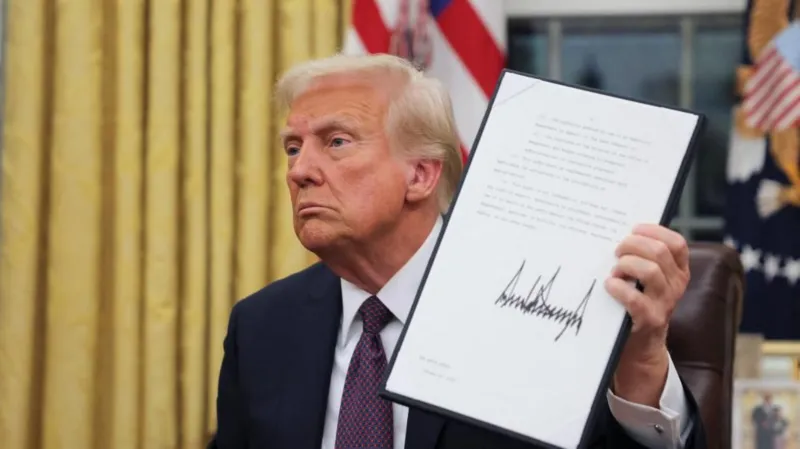In a developing story that has captured international attention, Russia’s Federal Security Service (FSB) has accused a jailed American citizen of leaking sensitive biotechnology secrets. The individual, whose identity has not been disclosed in full, is reportedly detained under suspicion of engaging in activities that threaten Russian state security.
According to a statement released by the FSB, the American national allegedly shared classified information concerning advancements in biotechnology with foreign entities. The agency claims that this exchange of sensitive data could have serious implications for Russia’s national security and scientific community. Although specific details about the alleged espionage have not been revealed, the case has sparked widespread speculation about the nature of the leaked information and the broader geopolitical ramifications.
The FSB asserts that their investigation uncovered evidence linking the detainee to unauthorized access and dissemination of proprietary scientific information. Russian authorities have framed the case as an act of intelligence-gathering on behalf of foreign powers, further straining relations between Moscow and Washington.
This accusation comes amidst an already tense geopolitical landscape, with both nations frequently at odds over issues ranging from military strategies to cyber-security. Observers note that the timing of these allegations could escalate tensions, particularly as biotechnology and its applications have increasingly become areas of strategic importance globally.
In the United States, government officials and advocacy groups are closely monitoring the situation. The U.S. Embassy in Moscow has called for transparency in the legal proceedings and emphasized the importance of upholding the detainee’s rights. However, they have refrained from commenting on the specific allegations due to the ongoing investigation.
Legal experts and international law observers have raised questions about the fairness of the trial process in such politically sensitive cases. Human rights organizations have also expressed concern, pointing to past instances where foreign nationals were subjected to harsh treatment or used as bargaining chips in diplomatic negotiations.
The detained individual, according to reports, has denied the allegations and insisted on their innocence. A legal defense team has reportedly been assembled, though access to the accused has been limited. The case highlights the increasingly fraught landscape of international espionage, where scientific and technological advancements have become highly sought-after targets.
This incident underscores the growing importance of biotechnology as a field with both civilian and military applications. From advancements in medicine and agriculture to potential uses in bio-defense, the domain represents a critical area of innovation. Consequently, it has also become a flashpoint for espionage and intellectual property theft.
The case is likely to draw significant attention from the global community, given its potential implications for international relations and the handling of sensitive scientific data. As more details emerge, the world watches closely to see how this unfolding saga will affect not only the individual involved but also the broader dynamics between Russia and the United States.




















